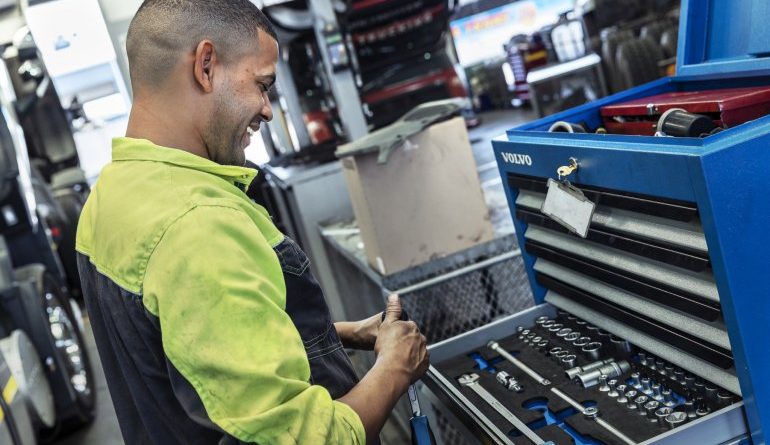SAIA welcomes Competition Commission guidelines on automotive aftermarket
The South African Insurance Association (SAIA), as a representative body for the non-life insurance industry, supports the objectives of the Competition Commission Guidelines as they relate to the non-life insurance industry and the adoption of proactive measures that promote competition and transformation in the South African automotive aftermarket.
Being a critical stakeholder in the Automotive Aftermarket, SAIA welcomed the extensive consultation approach that was adopted by the Competition Commission during this process and hopes that the commission will remain open to engaging with relevant stakeholders where appropriate, during the implementation phase.
SAIA believes that these Guidelines are a progressive step towards assisting commercial stakeholders, including the non-life insurance industry, and in the promotion of competitiveness and transformation in the Automotive Aftermarket.
One of the non-life insurance industry’s priorities is the promotion of road safety through appropriate servicing and repairs of vehicles. SAIA is therefore pleased that vehicle roadworthiness remains an integral objective of the Guidelines. We believe the guidelines will benefit consumers by enabling them to make informed choices on products and services.
With SAIA members conducting their businesses within a regulated and highly competitive environment, it is our view that the Guidelines will assist to improve the regulatory practices that protect the consumer through increased consumer choice and accelerates transformation through the participation of independent service provides while enhancing the sustainability of the non-life insurance industry and the ecosystem within which it operates.
It is therefore critical that the intentions of the Competition Commission are well understood and interpreted by impacted parties to facilitate the effective implementation of these Guidelines.
SAIA, on behalf of its members, remains committed to continuing to cooperate with the Commission and relevant stakeholders on potential challenges to the implementation of the Guidelines through ongoing collaboration and inclusive participation.




